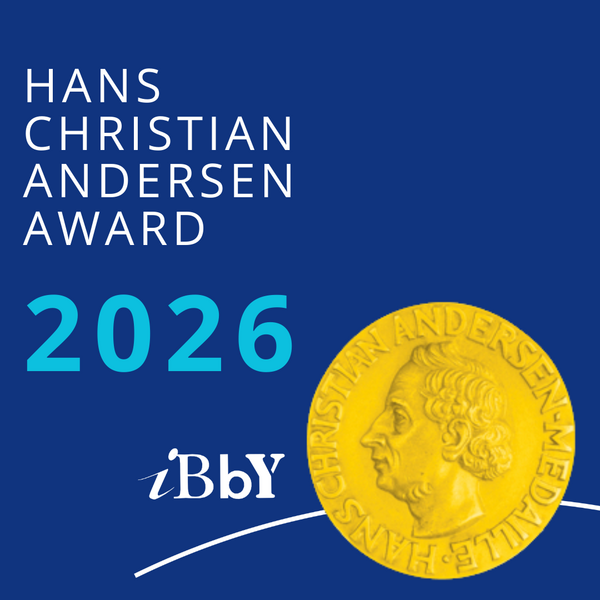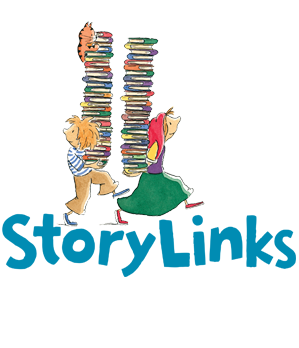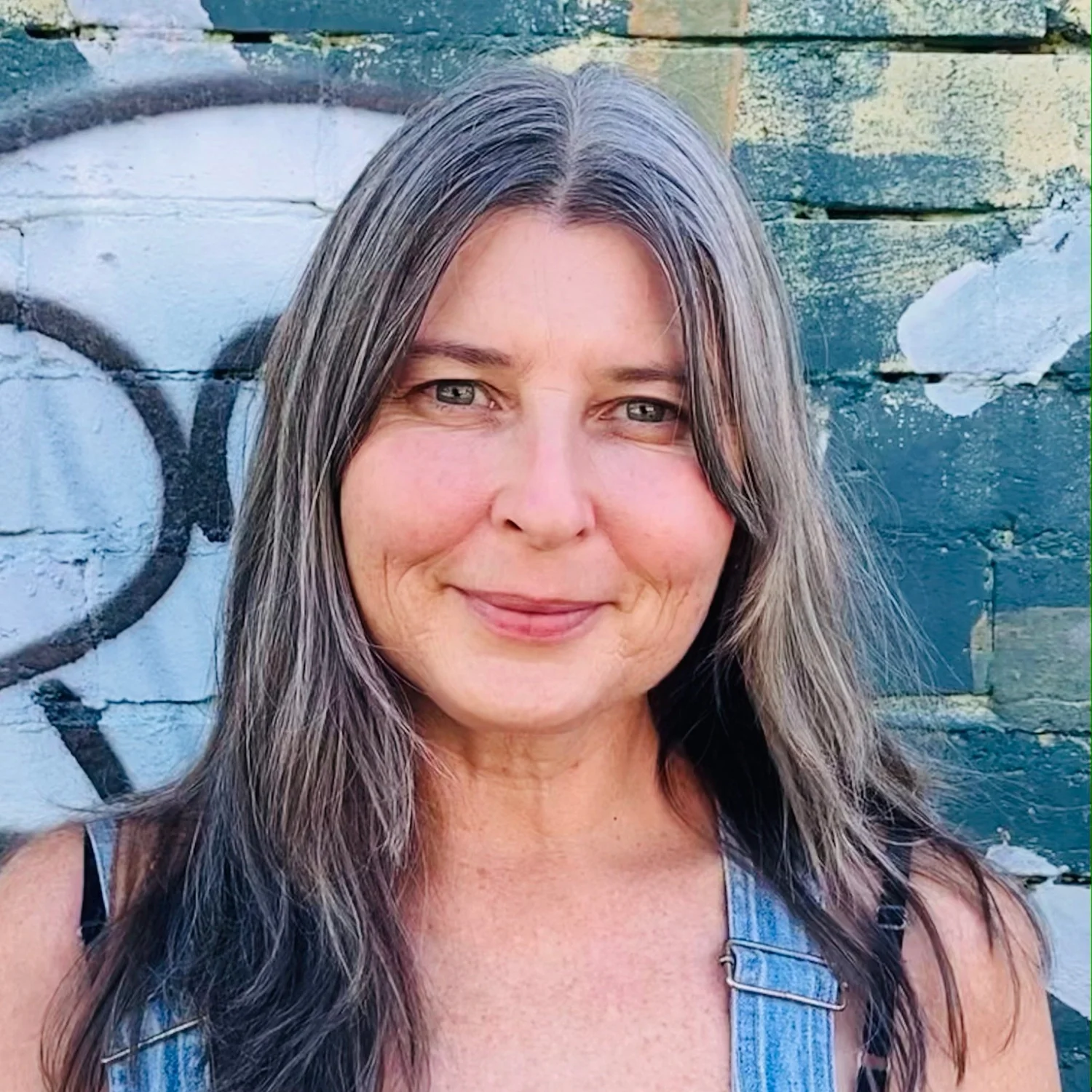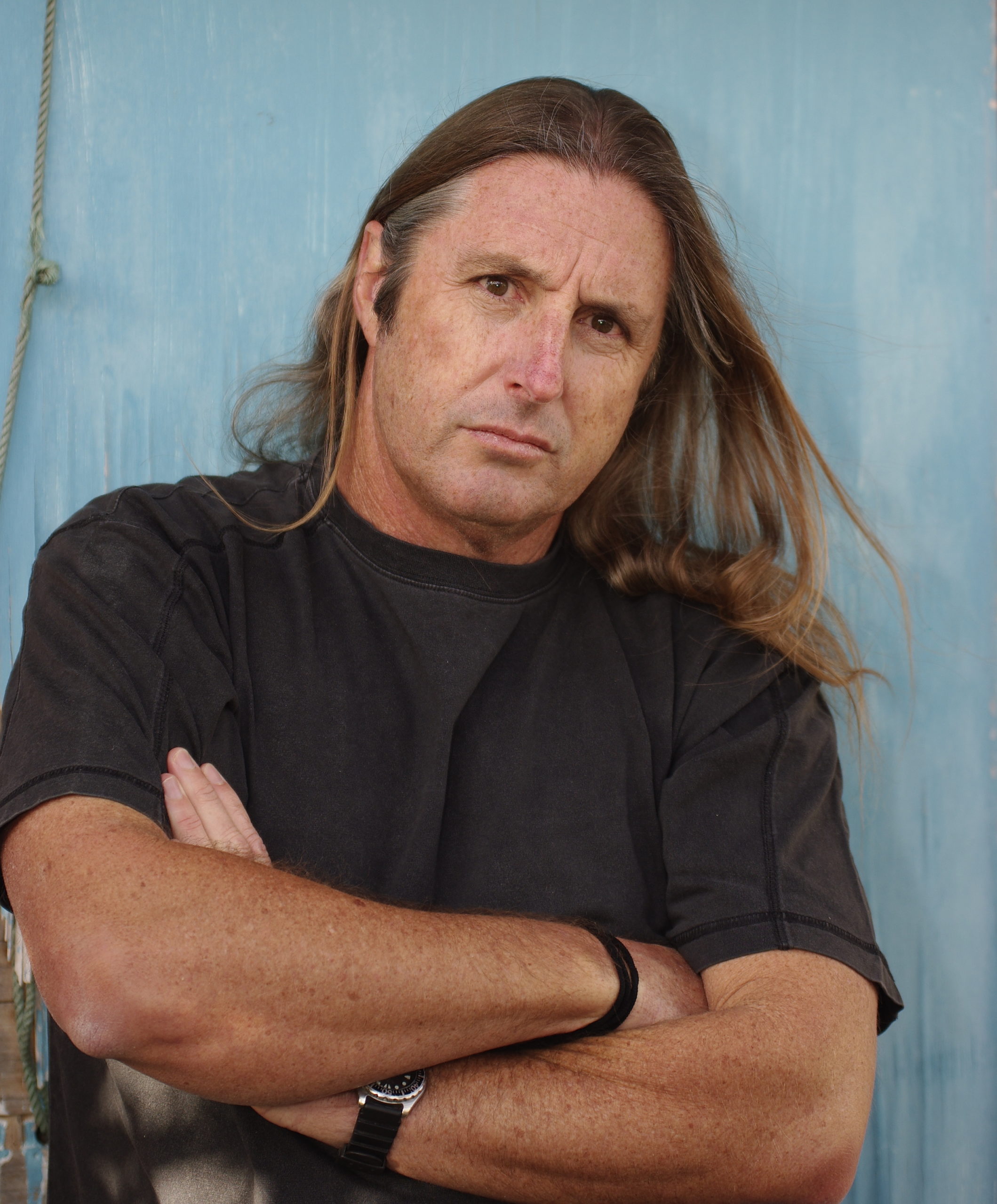
Emily Rodda & Bruce Whatley are Australian Nominees for the HCA Award
Australian nominees for the 2026 Hans Christian Andersen Award
IBBY AUSTRALIA HCAA WRITER NOMINEE 2026
Emily Rodda


Emily Rodda AC (a.k.a. Jennifer Rowe) is one of the most widely published and translated Australian writers nationally and internationally and her passion for engaging her readers is reflected in all her work.
Born in Sydney, New South Wales in 1948, she graduated from the University of Sydney in 1973 with a MA (Hons) in English literature. The daughter of the general manager of Channel 7 television, Rodda’s exposure to the world of the media gave her a ‘great respect for the demands of the marketplace.’ After graduation, she worked as an assistant editor at Paul Hamlyn publisher, then joined Angus & Robertson publishers where she worked in various roles for 20 years, becoming head of publishing and of the children’s list.
As a child she was an avid reader and writer, but it was not until her first daughter, Kate, was born that she began writing for young people. She published her first book, Something Special (1984), after submitting the manuscript to her own company under the pen name, Emily Rodda, her grandmother’s maiden name. It won the Children’s Book Council of Australia Junior Book of the Year Award in 1985, and she later won this award (renamed Book of the Year for Younger Readers) an unprecedented five additional times.

Between 1988 and 1992, she was Editor of the Australian Women’s Weekly and has also published several adult titles under her own name, Jennifer Rowe. For her overall contribution to Australian children’s literature, she won the prestigious Dromkeen Medal in 1995. In 2019 she was made a companion of the Order of Australia, Australia’s highest honour, and was also awarded an Honorary Doctorate from the University of Western Sydney.
Emily Rodda is renowned for her ability to achieve both literary and popular acclaim, and for the ease with which many of her stories feature real and fantasy worlds running in parallel. Another strong aspect of her work is the classic quest where heroes and heroines are pitched against magical forces: ‘children should have the chance to feel, at least sometimes, that anything is possible for them; that the world is a mysterious and wonderful place full of possibilities and potential for discovery; that determination, courage, humanity and respect for individual eccentricities help us all to survive. ’ (Rodda in McVitty 1989, p 89) In 1994, ten years after her first work for children was published, Rodda became a full-time writer, and has since published more than one hundred books for young readers.

Since its release in 2000, her Deltora Quest series (with related titles, puzzles, games, Anime, DVDs and other items), has sold over 18 million copies in more than 30 countries. More than any other Australian author for young people, her books have been widely translated in American, British, Catalan, Chinese, Czech, Danish, Dutch, Finnish, French, French-Canadian, German, Hebrew, Hungarian, Indonesian, Italian, Japanese, Korean, Norwegian, Polish, Portuguese, Russian, Serbian, Slovak, Spanish, Swedish, Thai and Turkish editions. Her series include the Squeak Street picture books, the Fairy Realm, Teen Power Inc. mysteries, and Rowan of Rin (1993– 2003). With Rowan of Rin and Deltora Quest, she pioneered high fantasy series in Australia.

Her love of language has also imbued her books with tantalising puzzles and word play. Her narrative skills were honed by a childhood rich in oral storytelling, by her literary studies, and by her wide reading as a publisher. Her books are rich portraits of a variety of children and families and speak to children from a diverse range of backgrounds. However, her themes are both personal and universal, and often deal with issues such as history and politics. Her books also encourage empathy as they are fundamentally about our moral contract with each other. Emily Rodda is one of Australia’s most versatile, highly regarded, and also immensely popular writers for children. Her superlative work has won her worldwide fans who, even into adulthood, have continued to find her work challenging, inventive, engrossing and highly entertaining.
IBBY AUSTRALIA HCAA ILLUSTRATOR NOMINEE 2026 Bruce Whatley


Bruce Whatley was born in Wales in 1954, and overcame a traumatic birth injury to become one of Australia’s most prolific and best-known children’s picture book illustrators and authors. Despite not being able to read until he was ten years old, he went on to a career as an illustrator, art director, artist, storyteller and writer.
Bruce migrated to Australia with his parents in 1959, living in both Adelaide and Whyalla before returning to the UK in 1969 where he completed a BA (Illustration) at the Manchester Polytechnic. He worked in London as an art director and illustrator from 1975 to 1980, and then re-settled in Sydney with his wife and co author Rosie Smith. In 1995, he moved to the USA where he worked with HarperCollins, before returning to settle at Berry on the south coast of New South Wales.
Since 1992 he has written and/or illustrated over ninety children’s picture books. His work is published internationally, and in 2014 was included in the Bologna Children’s Book Fair Exhibition. Bruce’s PhD, Left Hand Right Hand: implications of ambidextrous image making (2008), looked at the image making of the non-dominant hand, discovering that in most people the ability to draw lies in using the ‘other’ hand. In 2023 he was nominated the NSW Senior Australian of the Year.

Bruce is a consummate artist working across diverse formats, styles and mediums and traversing subjects, both serious and humorous. One Tree (2019) by Christopher Cheng, for example, is executed in linocuts produced digitally. ‘I have always liked experimenting with illustration styles and think I would get bored if I stuck to one or two. Also I have found the content or target audience determines the style I use. Mediums include pencil, watercolour, acrylics, oils and more recently CGI using animation software such as Cinema 4D and ZBrush.’ His warm and engaging characters include the lovable hero of his award-winning Wombat series written by Jackie French. Bruce’s wit and humour were demonstrated in Queen Victoria’s Underpants (2010), Queen Victoria’s Christmas (2012), Pete the Sheep (2004) and Too Many Pears (2005) also by Jackie French. His technical skills are matched by his ‘irrepressible exuberance’ and storyboarding skills. ‘I have always loved animation and incorporate movement and timing in my work as much as possible.’

His books also demonstrate his historical research in creating subjects such as Queen Victoria, and other works such as Mulga Bill’s Bicycle and Other Classics (2005) by A.B. Paterson, Pig on the Titanic (2005) and The Wreck of the Quetta (2002) both by Gary Crew, The Little Refugee (2012) by Anh and Suzanne Do, And the Band Played Waltzing Matilda (2015) by Eric Bogle, and the Danny da Vinci series written with Rosie Smith. Landscapes both rural and urban are evoked in stunning detail, for example, in his Disaster series by Jackie French. Bruce’s talent in exploring the metaphorical is also demonstrated in works such as A Boy Like Me (2012) by Libby Hathorn, and Ruben (2017).

Bruce Whatley brings his animation and storyboarding skills, and diverse approach to format to creating his highly distinctive and acclaimed work.
Winners of the awards will be announced at Bologna Children’s Book Fair 2026.







